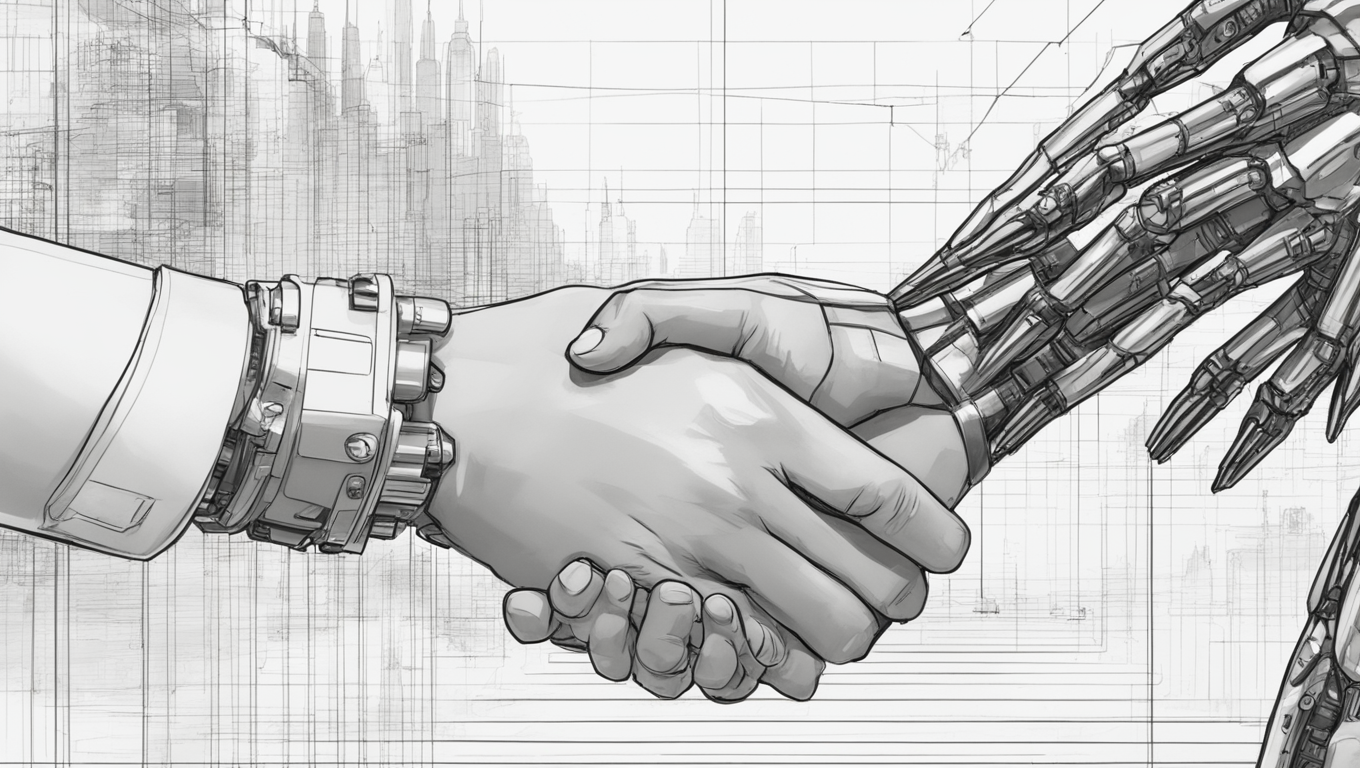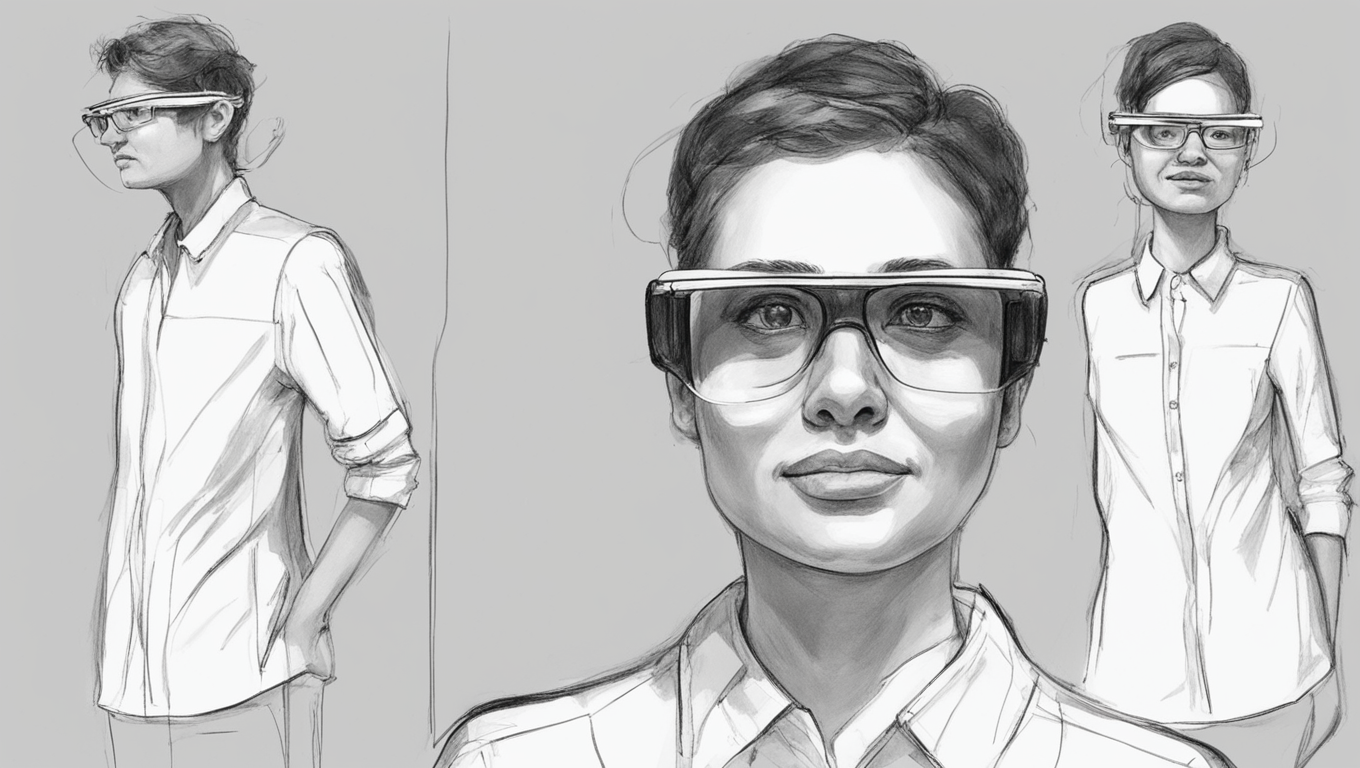In a world where technology continues to shape our daily lives, one company is using artificial intelligence (AI) to combat loneliness among older Americans. Intuition Robotics, the creators of the ElliQ robot, have designed a device specifically tailored to alleviate the isolation experienced by many seniors. ElliQ has been providing companionship and entertainment to seniors across the country, including Joyce Loaiza, Deanna Dezern, Marie Broadbent, and Jan Worrell.
Living alone can often lead to feelings of loneliness and disconnection. For Joyce Loaiza, the ElliQ robot has become a friendly presence in her home. “You can actually talk to her,” she said. The device remembers each user’s interests and conversations, tailoring future chats to their preferences. It can engage in deep conversations about the meaning of life or provide light-hearted entertainment, such as jokes and music. It even offers virtual tours of cities and museums.
But ElliQ is more than just a conversational partner. It also serves as a helpful assistant, reminding seniors to take their medications, stay hydrated, and exercise. In case of emergencies, the device can initiate video calls to relatives, friends, or doctors. CEO Dor Skuler emphasizes that all conversations are kept private and not heard by the company.
The idea for ElliQ came from Skuler’s own experience with his widowed grandfather. He realized that a robot could fill the companionship gap by adapting to each senior’s personality and interests. “It’s not just about (ElliQ’s) utility. It’s about friendship, companionship, and empathy,” Skuler explained. The average user interacts with ElliQ more than 30 times daily, even six months after receiving it, with more than 90% reporting reduced levels of loneliness.
While the device has shown promising results, some experts have raised concerns. Psychology professor Julianne Holt-Lunstad, who studies the effects of loneliness on health, worries that relying on AI for companionship might make people less likely to seek human contact. She compares the feeling of loneliness to hunger or thirst, stating that it should motivate us to reconnect socially. Skuler and agency heads distributing ElliQ are aware that it is not a substitute for human interaction, but for many seniors who are housebound or lack social networks, the robot provides a much-needed source of companionship.
The COVID-19 pandemic has only exacerbated the problem of social isolation among seniors, making devices like ElliQ even more valuable. Charlotte Mather-Taylor, director of the Broward County Area Agency on Aging, believes that ElliQ breaks seniors out of their shells and provides them with extra interaction. “People generally like her and she makes them smile and brings joy,” Mather-Taylor stated. The pandemic has limited social interactions, making the need for companionship all the more crucial.
According to Skuler, ElliQ was purposefully designed without eyes and a mouth to avoid complete imitation of humans. The “Q” in ElliQ serves as a reminder to users that the device is, in fact, a machine. Skuler believes that AI can form relationships with humans, just like pets do. However, some seniors using ElliQ admit that they occasionally have to remind themselves that the robot isn’t a living being. They appreciate the device as a non-judgmental listener and a source of comfort.
The ElliQ robot is certainly not a one-size-fits-all solution, but for many older Americans, it has provided a much-needed connection to the outside world. As technology continues to advance, and with the ongoing challenges brought on by the pandemic, devices like ElliQ may play a crucial role in combating loneliness among seniors.
As Skuler plans to distribute over 100,000 ElliQ devices within the next five years, it remains to be seen how this AI-powered companion will impact the lives of seniors across the country. One thing is clear, though – in the battle against loneliness, technology can be a powerful tool.





Use the share button below if you liked it.